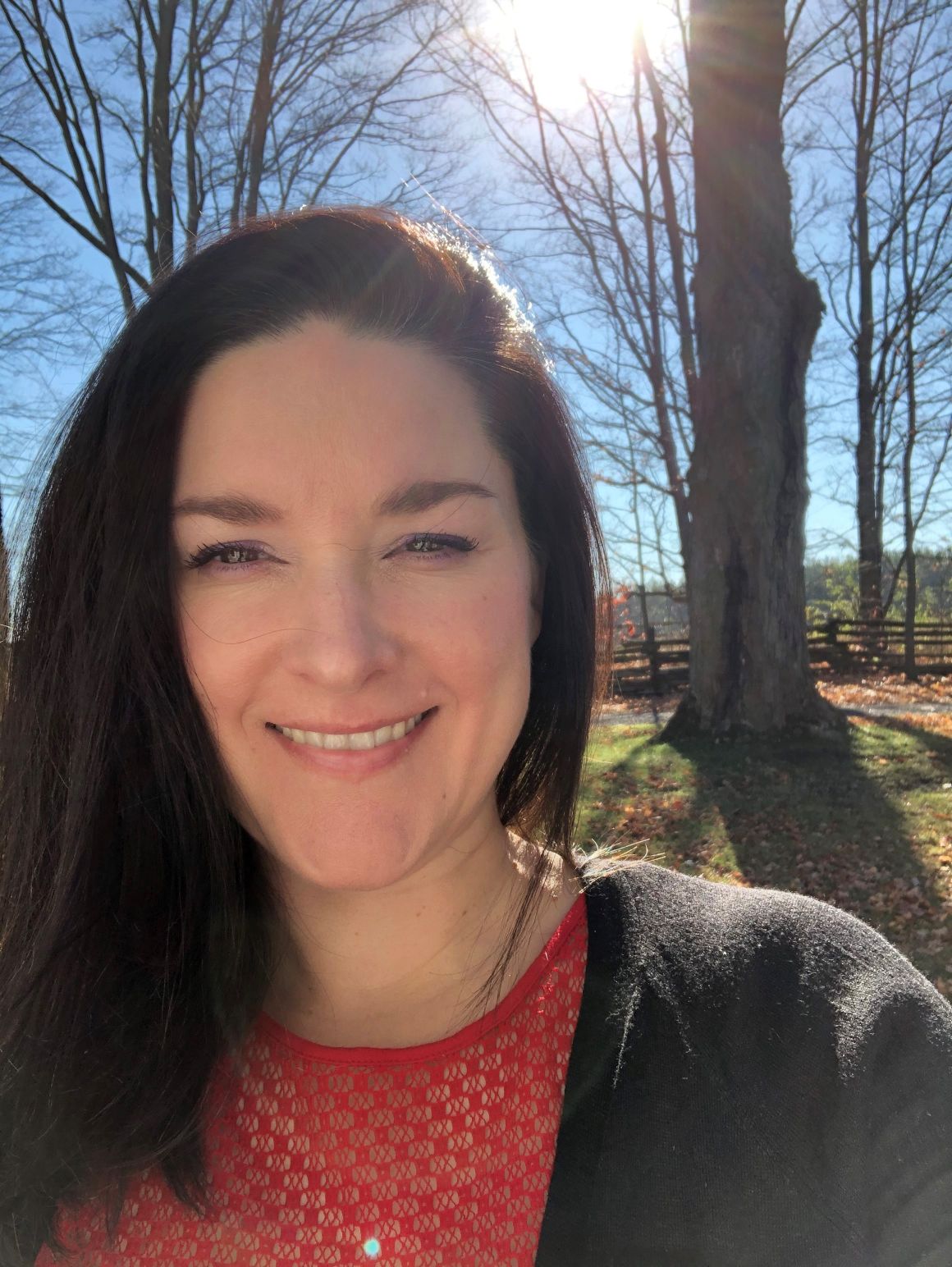Hey Doc, Fix Me!
Are you in the healing profession? I mention this because there are therapists, myself included, who have come across a few, if not, many clients who walk in and place all their “stuff” on us. They say: “Hey Doc, fix me!” and then get angry, blame and even hate us when we can’t magically take their pain away. You might be reading this as a psychotherapist, naturopath, holistic healer, massage therapist or dietician in clinical practice who is frustrated or defeated in your efforts to help clients achieve their goals. This short blog is about clinicians knowing that, however seductive it is, they must not take on the responsibility that belongs to their clients.
Clients Must Take Ownership
Let me give you an example from my personal training days. I had a client looking for weight loss who was 60 pounds overweight. She would do the work in the gym twice a week, but would be desperately clinging to her late-night bread and butter habit. Yet, she would continue to point the finger accusingly in my direction every time the scale shifted in the wrong direction. She thought that hiring a trainer meant she didn’t need to take ownership of her eating habits.
In the healing professions, it’s the same thing. If a client is coming to see you regularly and is committed to the process but they’re not willing to do the work you recommend, take the supplements you prescribe, or become open to seeing things in a different light, then your client won’t get very far and you’ll both hit a wall.
Healing Professionals Don’t Do the Work for You
So, go see a healer, naturopath, or psychotherapist. However, don’t expect us to take on your stuff and fix it for you. We don’t do the work for you and are not responsible for you. We advise, teach, empower and care. Healing professionals do many things, but what we can never do is be in control of your decisions. You wouldn’t want us to be anyway.
When a client isn’t finding relief as quickly, they might point the finger at you. They might blame and hate you without even realize they’re doing it. I’ve done it, we’ve all done it. All we can do is be aware that it’s happening and ease up on ourselves and others. Our karma is strong, and it wants to survive at all costs. As therapists, we need to keep this in mind. Not at the back of our minds but at the forefront because we are really coming face to face with it.
CFQ Qigong Teachings
In my practice, I’ve incorporated the teachings of CFQ qigong which say to stay down and stay grounded in your body rather than your mind. This technique teaches you to stay there no matter how loud the call is.
Take Responsibility for Yourself
Ultimately, it’s up to each and every one of us to take responsibility for our “stuff”. Stop blaming, shaming or getting angry at others for our own blocks. The sooner we take responsibility, the sooner we see results.
Regardless of your area of expertise and professional training, the message is the same. No matter how much we care about our clients and want to help them to get past their current issue, whether that’s depression, trauma or an illness, it’s not up to us to do it. We are here in the session; we are present and we are doing our jobs to the very best of our ability. I don’t accept clients who are trying to put the responsibility on me for their healing, that is ultimately up to the individual. If they can’t take responsibility for themselves, we can’t and shouldn’t try to do it for them.
Why Taking on Others “Stuff” Isn’t a Good Idea:
- Doesn’t work
- Drains our battery
- Doesn’t help them if they’re co-dependant on you for their well-being
Let’s Connect
If you’ve had an experience with taking on other’s “stuff” I’d love to hear from you! Click on ‘contact us’ page and shoot me an email with your story. You’re not alone in feeling like sometimes you can never do enough to help your clients. I am here to say, be responsible for you and let them be responsible for themselves. That’s all we can do.




